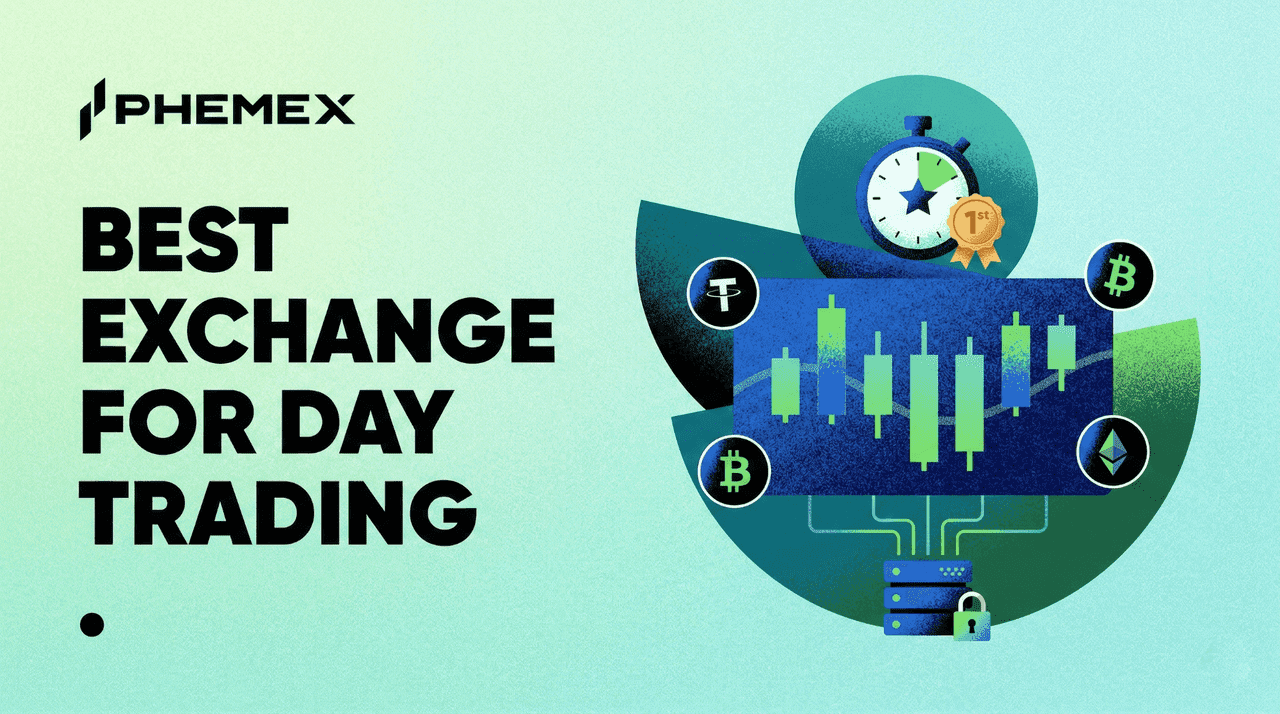On April 15th, Hong Kong took a significant step towards embracing cryptocurrencies as legitimate investment options by granting conditional approval for its inaugural spot bitcoin and ether exchange traded funds (ETFs). This move positions the city to potentially lead Asia in recognizing cryptocurrencies as mainstream investment instruments. Several offshore Chinese asset managers are gearing up to introduce virtual asset spot ETFs in the near future. The Hong Kong branches of Harvest Fund Management and Bosera Asset Management confirmed in individual announcements that they had secured conditional approvals from the Hong Kong Securities and Futures Commission (SFC) to roll out these ETFs.
Just three months after the United States introduced its initial ETFs designed to monitor spot Bitcoin, which have already amassed approximately $12 billion in net inflows, Hong Kong has taken a similar stride. Despite cryptocurrency being prohibited in mainland China, Hong Kong has actively positioned itself as a global digital asset hub. This strategic move is part of an initiative to enhance its appeal as a financial center on the global stage. In response to the struggles experienced in Chinese equity markets over recent years, Chinese financial institutions have displayed a strong interest in engaging with the development of crypto assets in Hong Kong. This piece will explore the history of cryptocurrencies in Asia and specifically Hong Kong, and speculate on the impact of spot Bitcoin approval and the development of the crypto industry in Asia overall through the coming years.

History of Cryptocurrency Development in Hong Kong
A Burgeoning Beginning
Hong Kong has actually been a very significant city in the history of cryptocurrencies so far. It comes as no surprise that after the proliferation of Bitcoin and emergence of the crypto sector, major governments around the world sought to impose regulations and restrictions. After all, cryptocurrency represents a direct challenge to fiat currency and government control, so the countries imposing the strictest laws were unsurprisingly the most major countries like the United States and China. This paved the way for innovative cities like Hong Kong to take the mantle of crypto hub, at least in the early 2010s. Hong Kong has served as the origin of some of the world's leading crypto companies and groundbreaking innovations in the industry, facilitating trillions of dollars in trading volume through its native exchanges.
Notably, Tether, the largest stablecoin globally, began in Hong Kong. Notorious crypto exchange FTX and its multibillion dollar operation (which later proved to be fraudulent) was also initially established in Hong Kong. Similarly, one of the earliest crypto exchanges to introduce derivatives trading, Bitfinex, was started in Hong Kong back in 2012. Many of the region's leading crypto exchanges were founded by individuals who transitioned from successful careers in international banking. These ventures were also supported by investors who previously backed major tech giants like Facebook and PayPal. The unique blend of financial acumen and entrepreneurial drive, which has historically transformed property developers and condiment manufacturers into billionaires, has also propelled Hong Kong's prominence in the crypto space.

Regulatory Crackdown
However in the late 2010s, following China’s incessant crackdown on Bitcoin mining and cryptocurrency trading in general, Hong Kong also felt the pressure to clamp down on the industry. In 2018, Hong Kong introduced a new framework aimed at regulating cryptocurrencies, followed by proposed licensing arrangements for exchanges in the subsequent year. The proposed regulations aligned with the stricter approaches adopted by regulators in the UK, US, and other parts of Asia.
According to the proposed rules, crypto trading would be restricted to professional investors, defined as those possessing at least $1 million in liquid assets (excluding digital currencies). Additionally, exchanges would be required to obtain licensing akin to asset management firms dealing in securities. Such proposals would establish some of the world's most stringent cryptocurrency regulations.
Re-embracing Crypto
However, the regulatory pendulum often swings one side to the other, and Hong Kong was no exception. After imposing restrictions beginning in 2018, the region became more crypto-friendly three years after the COVID Pandemic. In August of 2023, a new system of regulation was created and new licenses granted to crypto exchanges.
Under the new regulations, retail investors in Hong Kong can engage in coin trading on exchanges that are licensed by the city's Securities and Futures Commission. The regulatory framework prioritizes consumer protection, imposing criteria on the virtual assets available for trading. Platforms must evaluate various factors when considering which tokens to offer, including the coin's circulation duration, market capitalization, and average daily trading volume. Crypto firms are required to implement additional safeguards before onboarding customers, such as assessing users' knowledge of digital assets before investing and establishing trading or position limits based on the user’s financial status. Moreover, tokens must be included in at least two cryptocurrency indexes from reputable institutions.
Hong Kong's recent policy shift is a strategic move aimed at reclaiming its status as a dynamic hub for new technologies and financial innovation. The city's reputation had faced challenges due to prolonged Covid-19 measures and political turmoil, resulting in economic slowdown and a talent drain. This month’s spot Bitcoin ETF approvals are likely another step towards the city’s more laissez-faire approach to crypto.

Significance of Bitcoin and Ether ETFs in Hong Kong
In mid-April when multiple issuers of spot cryptocurrency ETFs in Hong Kong announced that they had been granted approval, the markets reacted positively with BTC rising nearly 3% over 24 hours. There has been much anticipation that the approvals will unlock institutional demand during Asia trading hours.
Unfortunately, it's improbable that mainland Chinese investors will be allowed to invest in the newly launched spot bitcoin ETFs listed in Hong Kong. Bitcoin enthusiasts had been eyeing approval of ETFs in Hong Kong as a potential catalyst for driving prices higher, and some even projected that Chinese investors could generate demand of up to $25 billion for these funds. However, recent reports from Wu Blockchain indicated that issuers have stated that "southbound funds," referring to investments from mainland China, will not be permitted to buy the new ETFs.
The comparison between the U.S. and Hong Kong ETF markets reveals a significant disparity in scale. It’s possible that the combined flows from Hong Kong ETFs are unlikely to exceed $1 billion, given the inherent differences in market size. While $1 billion remains a notable figure, it pales in comparison to the tens of billions attracted by the U.S.-based bitcoin ETFs over the past three months. Hong Kong ETFs might find their most compelling use case among institutional investors, especially those restricted to trading cryptocurrencies via ETFs. These investors could benefit from extended trading hours by leveraging the inclusion of Hong Kong trading alongside the U.S. time zone trading.
Crypto Development in Other Parts of Asia
Beyond Hong Kong, Singapore has also long been seen as a crypto-friendly hub that’s home to many reputable blockchain organizations, including Phemex. In a March survey conducted by Independent Reserve, it was found that one-third of Singaporeans surveyed would be open to investing in an overseas spot bitcoin ETF. Furthermore, the Singaporean app Grab recently added a feature allowing users to initiate transactions using BTC, ETH, and stablecoins. Besides Singapore and Hong Kong, there has been a plethora of activity surrounding the cryptosphere in other areas within Asia as well.
For example, in March 2024 the Thailand Securities and Exchange Commission announced that it would permit institutional investors and high net worth individuals to invest in crypto ETFs, something that was previously denied earlier in the year. Spot Bitcoin ETFs would be reclassified as securities instead of digital assets under the new regulation, and therefore be open to investment in Thailand. Back in January of this year, Thai regulators had stated they would not allow domestic asset management firms to launch their own spot Bitcoin ETFs, but now with the loosening of policy it’s possible that Thailand could follow in Hong Kong’s footsteps and consider BTC and ETH ETF approval.

Elsewhere in South Korea, parliamentary election campaigns have highlighted the country's significant position in the global cryptocurrency market. Both major political parties are offering incentives related to cryptocurrencies to attract votes. President Yoon Suk Yeol's People Power Party has promised to postpone the implementation of a tax on digital assets. Meanwhile, the opposition Democratic Party has committed to easing restrictions on exchange-traded funds (ETFs), including those based on US Bitcoin products, which directly hold tokens.
The Government Pension Investment Fund (GPIF) of Japan is also exploring investment opportunities in illiquid assets, including Bitcoin. In a request for information (RFI) issued on Tuesday, the pension fund mentioned its current holdings in various asset classes and indicated its interest in potentially investing in "illiquidity assets," which may encompass forests, farmland, gold, and Bitcoin. This news comes a month after the Japanese government passed a proposal that would make it legal for limited partnerships to acquire and hold cryptocurrencies.
In Australia, the availability of additional spot bitcoin ETFs could expand in the near future. One such ETF, the Global X 21Shares Bitcoin ETF (EBTC), was launched on Cboe Australia in May 2022. This ETF offers investors exposure to bitcoin stored in cold storage by Coinbase. Last year, asset manager Monochrome applied for Australia's inaugural fully-licensed spot bitcoin ETF under newly established regulatory guidelines.








